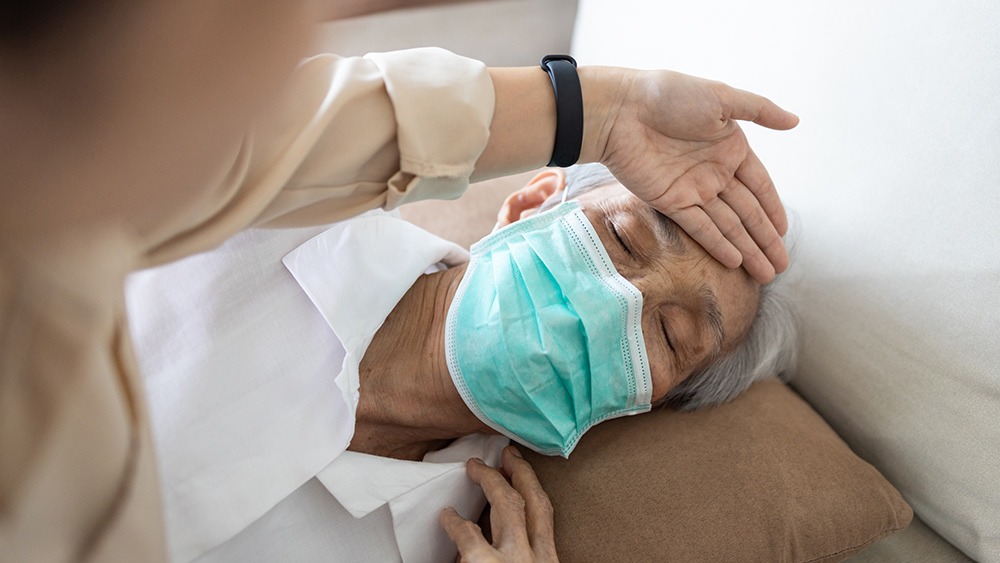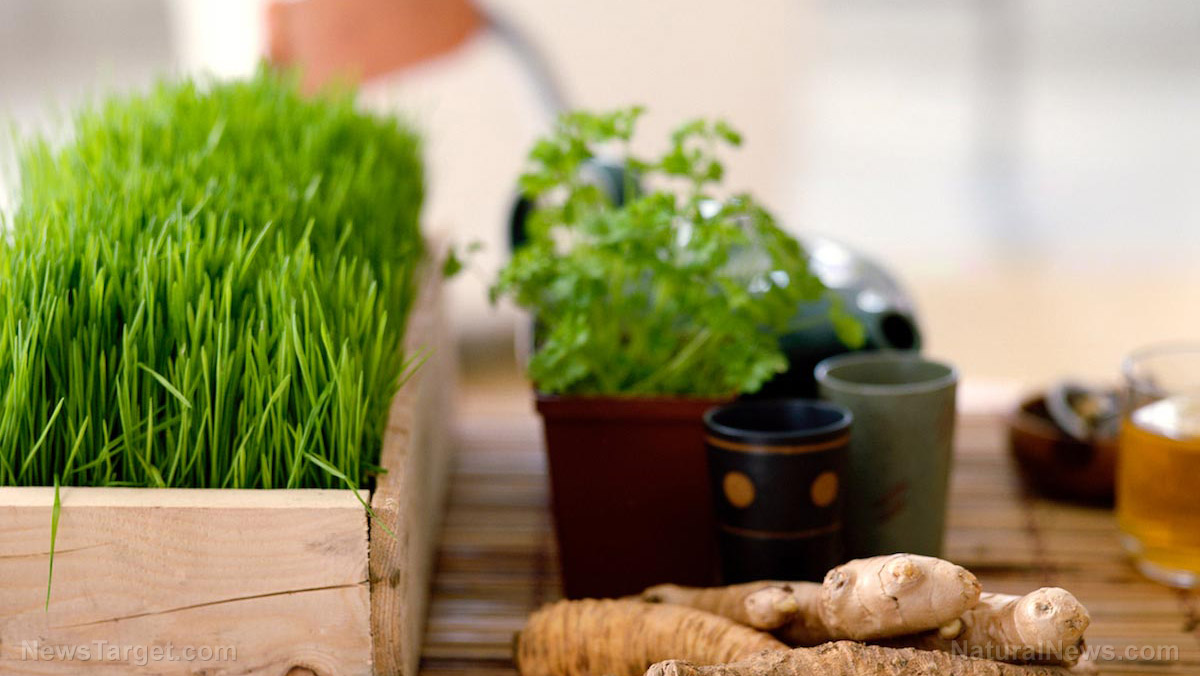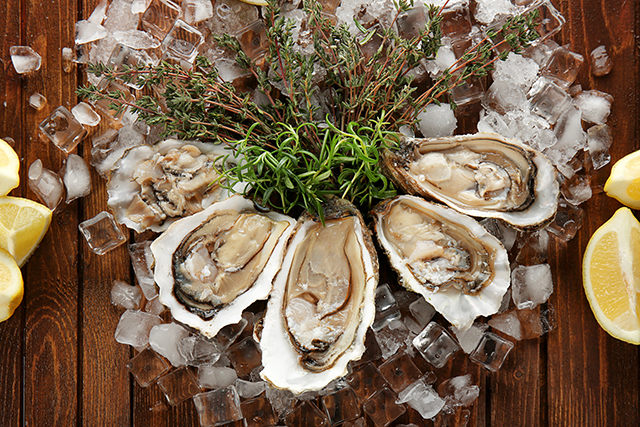How do experts treat increased intestinal permeability?
03/31/2020 / By Evangelyn Rodriguez

Intestinal permeability (IP) is a functional feature of the intestinal barrier that allows the intestinal wall to lose its integrity to a permissible extent, so that material from the lumen – such as the nutrients extracted from food – can enter the bloodstream and travel to other organs. While this feature is useful under normal, regulated conditions, too much of it could lead to gastrointestinal problems or other more serious health issues.
Increased IP, more commonly known as leaky gut, is a condition in which even bacteria and toxins are able to pass through the intestinal wall and enter the bloodstream, triggering inflammation. Research suggests that this inflammation is responsible for a number of gastrointestinal diseases, such as inflammatory bowel diseases (IBD), celiac disease, food allergies, irritable bowel syndrome (IBS), obesity and other metabolic diseases.
In a recent study, researchers from Australia explored the treatment interventions complementary and integrative medicine (CIM) practitioners use to manage increased IP, an emerging health condition, as well as the association these methods have on the observed time to resolve the condition. Their findings were published in The Journal of Alternative and Complementary Medicine.
Naturopathic treatments used in Australia for the management of leaky gut
For their study, the researchers conducted a cross-sectional survey of Australian naturopaths, nutritionists and Western herbal medicine practitioners through the Practitioner Research and Collaboration Initiative (PRACI) network. They considered the frequencies and percentages of the treatment methods to examine the associations between treatment methods and observed time to resolve increased IP.
The researchers reported that 36 CIM practitioners responded to their survey. These practitioners use a multi-modal approach for the management of increased IP. Almost 93 percent of the respondents use three or more categories of treatment interventions, namely, nutritional, herbal, dietary and lifestyle interventions.
The researchers found that the main treatments prescribed for increased IP include:
- Zinc (85.2 percent)
- Multi-strain probiotics (77.8 percent)
- Vitamin D (75 percent)
- Glutamine (73.1 percent)
- Turmeric (73.1 percent)
- Saccharomyces boulardii, a probiotic yeast (70.4 percent)
They also reported that CIM practitioners ask patients with increased IP to reduce their intake of alcohol (96.3 percent), gluten (85.2 percent) and dairy products (75 percent). In addition, CIM practitioners frequently advise their patients to avoid antibiotics (75 percent) and non-steroidal anti-inflammatory drug (73.1 percent) prescriptions. The researchers observed that increased IP takes longer to resolve when patients do not reduce the intensity of their physical exercise.
The researchers concluded that their findings about CIM align with pre-clinical research, suggesting that CIM practitioners in Australia prescribe in accordance with published literature. This contradicts the claims of critics that CIM advocates non-evidence-based methods and that the effects of CIM are the same as placebo treatments.
The researchers urged CIM practitioners to get involved in the design and conduct of pragmatic interventions, since they use a variety of treatments for the management of increased IP.
Other natural ways to manage a leaky gut
According to an article published on Harvard Medical School‘s online blog, most medical doctors still do not believe in the existence of a condition called “leaky gut.” However, this condition is now known to play a role in certain gastrointestinal disorders. (Related: A silent killer: Leaky gut syndrome is often misdiagnosed or ignored.)
Dr. Will Cole, a functional medicine expert, recommends the following natural remedies for people with leaky gut. He says these natural treatments can help the gut heal and restore healthy gut function: (h/t to DrWillCole.com)
- L-glutamine supplements — This amino acid is said to help heal damaged gut lining.
- Bone broth — A rich source of collagen-rich gelatin, bone broth also helps heal inflamed and permeable gut lining.
- Herbs — Slippery elm and marshmallow root are traditional remedies for digestive dysfunction. These herbs can help repair damaged gut lining.
- Fermented foods — Intestinal permeability is modulated by gut bacteria. Increasing the number of good bacteria in your gut by eating probiotic-rich foods can help resolve leaky gut symptoms.
- Coconut oil — The healthy fats in this popular superfood are integral to gut healing. For best results, use organic, extra-virgin coconut oil.
- Intermittent fasting — By giving your digestive system a break through fasting, you can allow it to focus on healing your gut. Intermittent fasting may also help speed up your gut’s natural healing.
Increased IP can be caused by many factors, including poor diet and lifestyle choices, as well as genetics. To prevent leaky gut and maintain good overall health, eat a balanced diet rich in anti-inflammatory foods, such as fruits and green, leafy vegetables, and engage in physical activities regularly.
Sources include:
Tagged Under: alternative medicine, complementary and integrative medicine, digestion, herbal medicine, Herbs, increased intestinal permeability, leaky gut, natural cures, natural medicine, nutrients, remedies, research, supplements



















